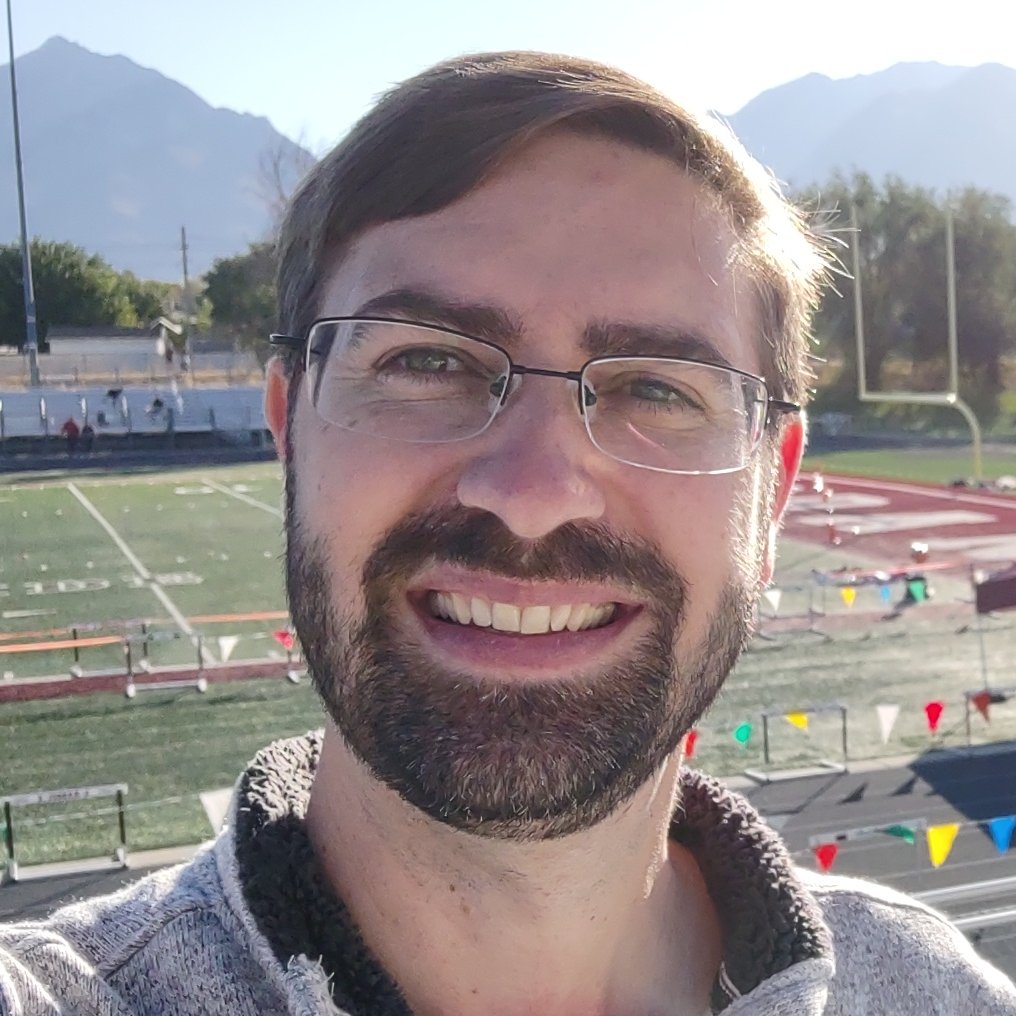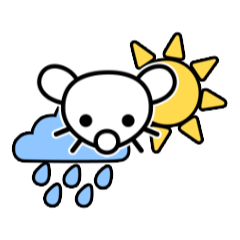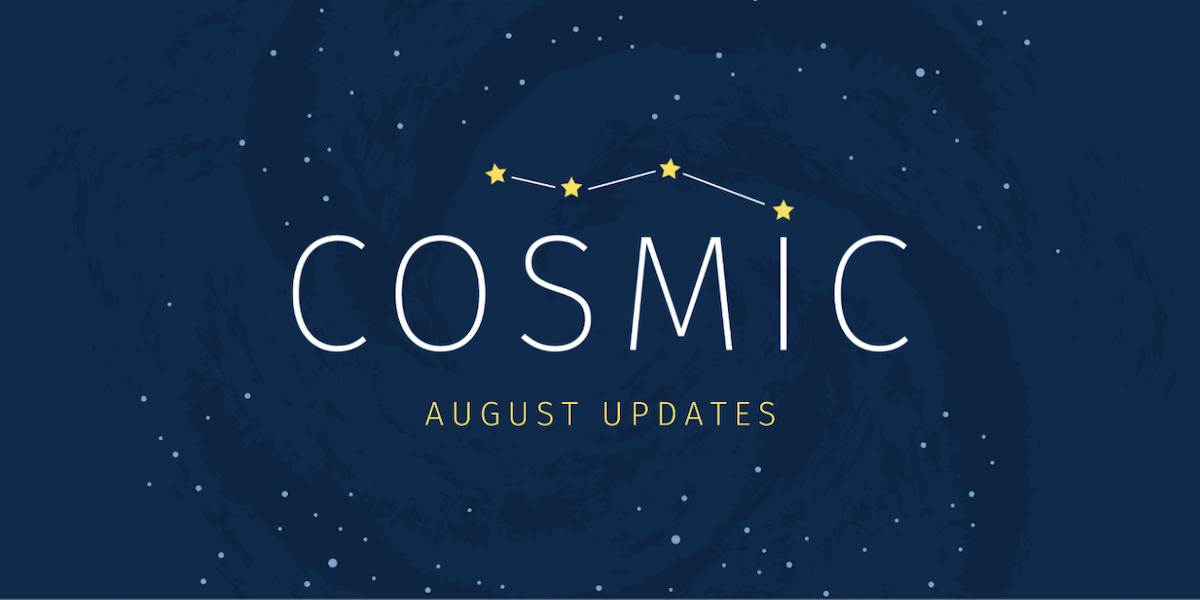You’re not alone in feeling like you bear the weight alone. I mean, with all you’re doing, you’re basically a church-on-wheels here. And I say that both as a compliment and as a reflection of our situation as a society–we need each other, we need neighbors, community, and we need help sometimes. And many people are feeling the “it’s too much to do alone” conclusion. I don’t think we were meant to be this way. I’ve been reading Seth Kaplan’s “Fragile Neighborhoods” recently and I feel like my eyes are open to the deep loss in social capital or “collective efficacy” that previous generations had. We’re in a period of innovating on new social structures. It’s tough. Keep going. Play the long game, make friends and neighbors, and don’t forget you’re just human too. We need each other.
- 5 Posts
- 21 Comments

 6·3 days ago
6·3 days agoAegis on Android is also very nice (and open source).

 1·3 days ago
1·3 days agoWorking development system. I got quite far, but after so much work, became very frustrated when a VSCode plugin wouldn’t work properly because it needed (and assumed) read/write access. I didn’t want to have to manage and think about every little plugin I experimented with at the OS level.

 7·3 days ago
7·3 days agoI wonder if it would help to think back to the first time you littered? When I was 5 or 6, I remember eating a candy and not wanting the wrapper any more. It had to be someone else who saw what I did and pointed out that it isn’t good if we all did this, because then the playground would be all full of trash and we couldn’t play there. I was like, “Oh, I get it.” But if someone hadn’t explained it to me, I think the behavior could have innocently continued for quite some time. I grew up in a very rural place (northern Canada).

 1·3 days ago
1·3 days agoYour condescension has sent my IED absolutely through the roof
Do I have to break out the crayons for you?
You understand condescension, and yet you still do it yourself.

 18·3 days ago
18·3 days agoWord of advice–be a good person to your colleagues, and let friendship possibly develop after one of you leaves. I’ve made many friends throughout the years once we each know there is no pressure to be friends. I’ve had many job leads throughout the years because people I previously worked with thought I was a great colleague.

 5·8 days ago
5·8 days agoSee comment above, but basically, I question whether mouthwash is all that, based on recent research: https://www.microbiologyresearch.org/content/journal/jmm/10.1099/jmm.0.001830

 121·8 days ago
121·8 days agoBased on recent research, mouthwash is now in question in my books.
We aimed to assess if daily usage of Listerine Cool Mint influenced the composition of the pharyngeal microbiome… Listerine use was associated with an increased abundance of common oral opportunistic bacteria previously reported to be enriched in periodontal diseases, oesophageal and colorectal cancer, and systemic diseases. These findings suggest that the regular use of Listerine mouthwash should be carefully considered.
Basically, it differentially kills good bacteria, leaving more of the bad kind.
https://www.microbiologyresearch.org/content/journal/jmm/10.1099/jmm.0.001830

 9·16 days ago
9·16 days agoI really wanted to like NixOS (and I do, theoretically), but I couldn’t dedicate more than 5 full days over Christmas to learn how to get to a working development system.

 10·1 month ago
10·1 month agoCheck out Aegis if you’re on Android. (See my other comment).

 20·1 month ago
20·1 month agoOn Android, I replaced Authy with the open-source Aegis app. It’s just as functional, allows exporting, and doesn’t tie your data to your phone number (nor store it on a central system–not sure if Authy does this or not).

 0·2 months ago
0·2 months agoWhat is a hypermarket?

 0·3 months ago
0·3 months agoNo, I haven’t updated packages in 3 or 4 weeks.

 0·3 months ago
0·3 months agoOk, I’ve narrowed down the cause of slowdown slightly. It is when my laptop is on battery only that load time takes about 25 seconds. When plugged in, load time is < 1sec.

 0·3 months ago
0·3 months agoThanks. Strangely, after using WGPU_POWER_PREF=high, it is always fast for me, even when I don’t specify this preference. I don’t understand it. In any case, I guess it’s “fixed” for now, so thanks!

 22·3 months ago
22·3 months agoHere’s my take:
-
We’re built for about 150 relationships max (Dunbar number), and yet we benefit from cooperation above that threshold. Rather than make it so we have to have a personal relationship with everyone who could possibly benefit us, we accepted a ramped down version of relationship we call “transactions”. This is a very weak replacement for a relationship, but it is a sort of “micro-relationship” in that for a brief moment two people who don’t know each other can kind of care about each other during an exchange. Through specialization, we can do something well that doesn’t just benefit the handful of friends and neighbors we have, but tens of thousands and possibly millions of people via transactions (e.g. a factory, starting an Amazon business, etc.)
-
There is a process called “commensuration” in the social sciences, where people start to make one thing commensurate with another, even in wildly different domains. For example, to understand the value of a forest and to convey its importance to decision makers we might say “this forest is worth $100 billion”. It’s kind of weird to do this (how do leaves and trees and anthills and beetles equal imaginary humoney?) But slowly, over time, we have made many things commensurate to dollars at various scales. (I don’t think this is a good thing, but it does have benefits). In short, more and more things that were part of an implicit economy of relationships (e.g. can the neighbor girl babysit tonight?) have entered the explicit domain of the monetary economy (e.g. sittercity).
.
IMO, in order to participate in the huge value generated by this monetary economy, people sometimes lose the forest for the trees (so to speak) and forget what really matters (e.g. excellence of character, deep relationships, new experiences, etc.) because it seems like we might be able to put off those things until “after” we square away this whole money thing first. But maybe “after” never comes–and the hollow life of a consumer capitalist drains the inner ecological diversity of a soulful life.
-

 1·3 months ago
1·3 months ago“We know better than you” has never been an effective way to change other peoples’ minds, in my experience.

 43·3 months ago
43·3 months agoI appreciate your question, but I think “we know” is problematic:
- who is “we”?
- how do we “know”?
- can some people know one thing while others know the opposite?
I’m not trolling, either, just asking questions from a philosophical point of view. I’ve changed my mind about several things I took very seriously and thought I was 100% right about. Could others be dealing with similar changing-mind-through-time processes? Could you?

 0·3 months ago
0·3 months agoYeah, I get that. I’ve helped contribute to Pop!_OS in the past and thought I’d give it an early run. I’m just surprised that the packaged apps are so slow. When I ran them 6 months ago, they loaded so quickly I was shocked (<50ms).
I’m not sure if it’s my system, or the (new) state of the apps.


Have you ever heard the story of the snake?
One evening, a man walks along a dimly lit path. He suddenly halts, his heart pounding with fear. Before him, on the ground, lies what appears to be a venomous snake. He freezes, paralyzed with dread. Only when a friend comes by with a lantern does the true nature of the object come to light: it is merely a piece of rope.
I learned this story from Thich Nhat Hanh, a Buddhist author. He would indicate with stories like this that our perceptions shape our reality. Often, we react out of fear and misunderstanding, seeing snakes where there are none. He said that mindfulness and deeper understanding can act like the lantern, illuminating the true nature of our experiences.